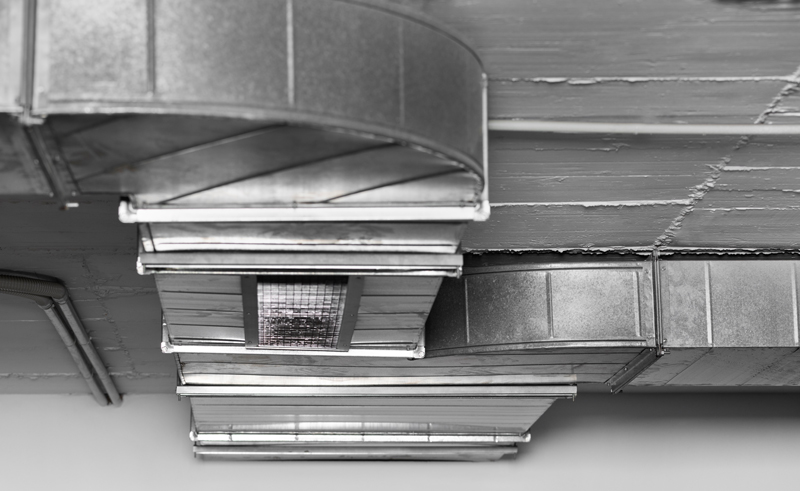
Posted by admin
Indoor air quality is a crucial aspect of maintaining a healthy and comfortable environment in both commercial and residential buildings. One effective solution for improving indoor air quality is the installation of HRV (Heat Recovery Ventilation) or ERV (Energy Recovery Ventilation) units. In this article, Dehum will discuss the importance of HRV/ERV units in commercial and residential buildings.
HRV and ERV units are mechanical ventilation systems that help to regulate indoor air quality by exchanging stale indoor air with fresh outdoor air. HRV units are designed to recover heat from the outgoing stale air and transfer it to the incoming fresh air, reducing the energy needed to heat or cool the incoming air. ERV units do the same, but also transfer moisture between the incoming and outgoing air streams, helping to control humidity levels.
In commercial buildings, HRV/ERV units are important for a number of reasons. They help to improve indoor air quality, reducing the risk of health issues such as respiratory problems, headaches, and fatigue. They also help to regulate temperature and humidity levels, creating a more comfortable and productive work environment for employees.
In addition, HRV/ERV units can help to reduce energy costs by recovering heat from the outgoing air and transferring it to the incoming air. This can result in significant energy savings, especially in buildings that require a large amount of heating or cooling.
HRV/ERV units are equally important in residential buildings, especially in homes with high levels of insulation or air-tightness. In these homes, indoor air quality can become stagnant and stale, leading to a range of health issues.
HRV/ERV units help to improve indoor air quality by providing a constant supply of fresh, filtered air. They also help to regulate humidity levels, reducing the risk of mold growth and other moisture-related issues. In addition, they can help to reduce energy costs by recovering heat from the outgoing air and transferring it to the incoming air, resulting in lower heating and cooling bills.
In summary, HRV/ERV units are an essential component of any commercial or residential building’s HVAC system. They help to improve indoor air quality, regulate temperature and humidity levels, and reduce energy costs. If you’re interested in installing an HRV/ERV unit in your building, contact Dehum today. Our experienced team can help you select the right unit for your needs and provide professional installation and maintenance services.